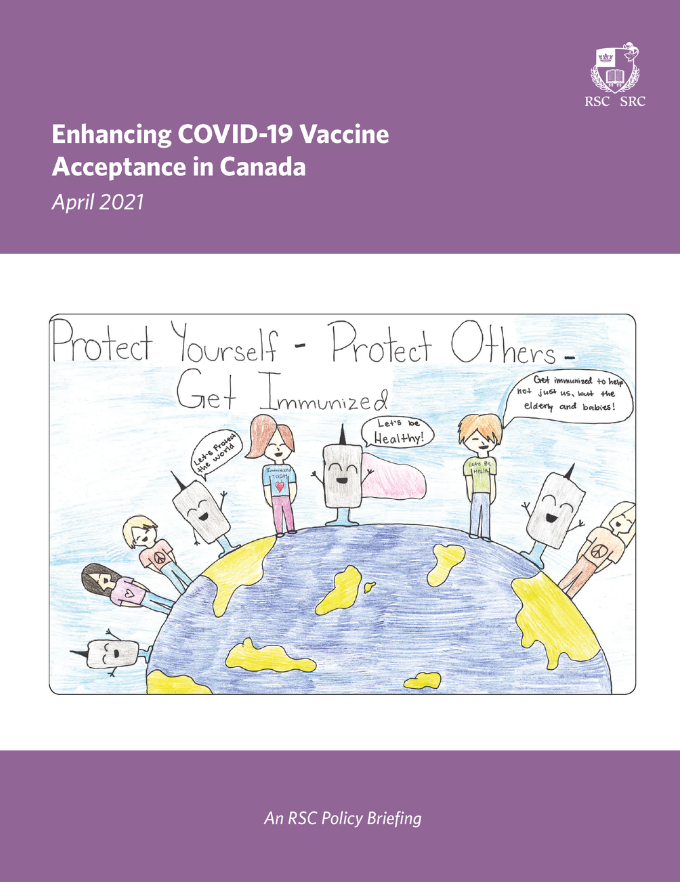
COVID-19 vaccine acceptance (the intent to receive a vaccine i.e. attitude not a behaviour) exists on a continuum ranging from a small minority of people who strongly oppose vaccination, through the heterogeneous ‘vaccine-hesitant’ or the ‘moveable middle’ group with varying levels of concern and uncertainty, to the majority who are willing to be vaccinated but may not turn their intention into action.
However vaccine acceptance varies over time as personal decisions may be influenced by many factors, according to Enhancing COVID-19 Vaccine Acceptance in Canada (full report in PDF format). Indeed, these factors include (i) knowledge, attitudes, cultural and religious beliefs; (ii) the communication environment including social networks; (iii) the rate of COVID-19 in a community, and (iv) the organization of health and community services and policies.
Thus to engage and empower people to make informed choices about COVID-19 vaccines, we need carefully designed interventions tailored to community needs and concerns that build trust in health authorities and those delivering vaccines, as well as promote acceptance.
Citation
MacDonald, N., Comeau, J., Dubé, È., Graham, J., Greenwood, M., Harmon, S., McElhaney, J., McMurty, C. M., Middleton, A., Steenbeek, A., Taddio, A. (2021). Enhancing COVID-19 Vaccine Acceptance in Canada. Royal Society of Canada.